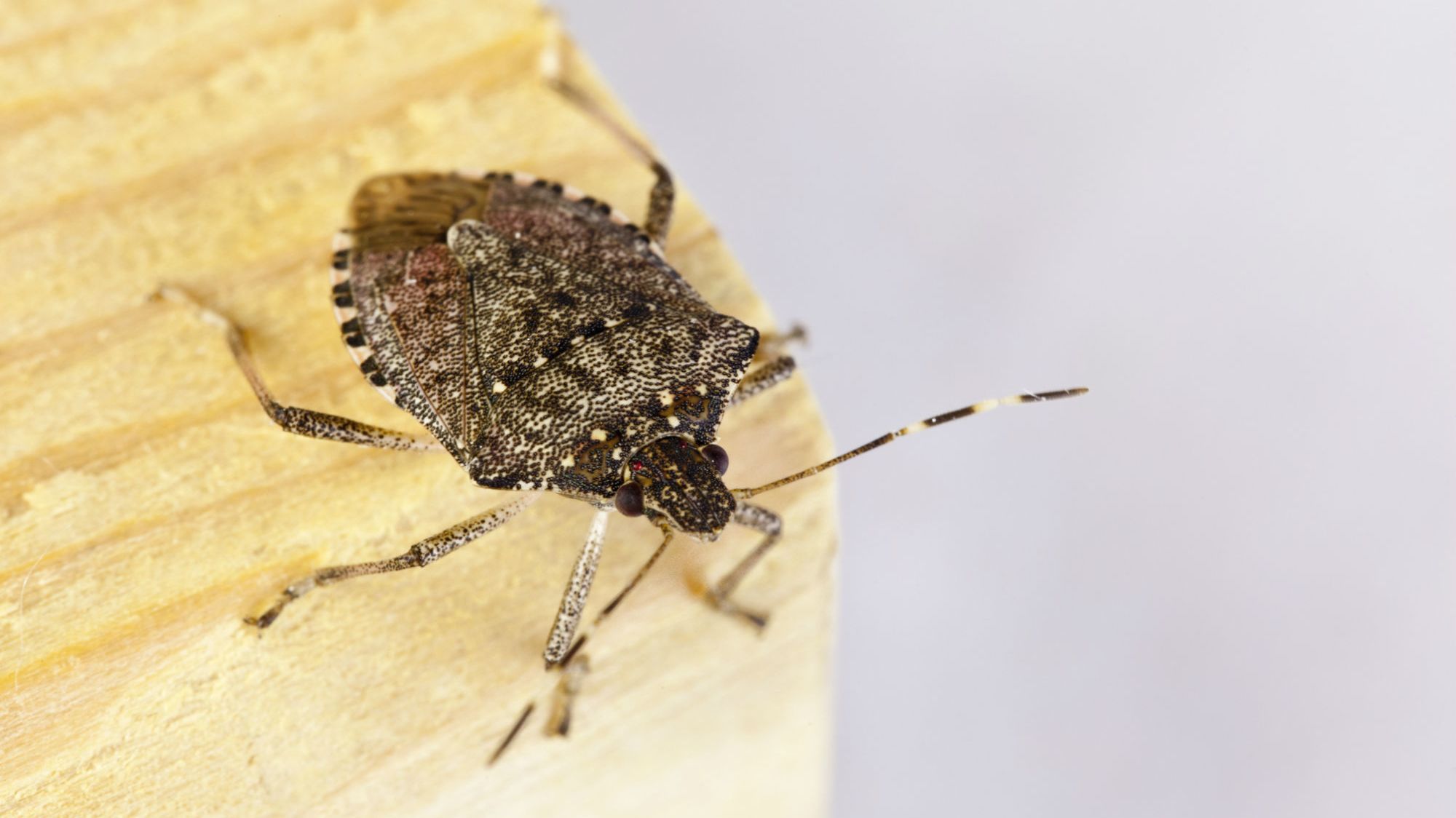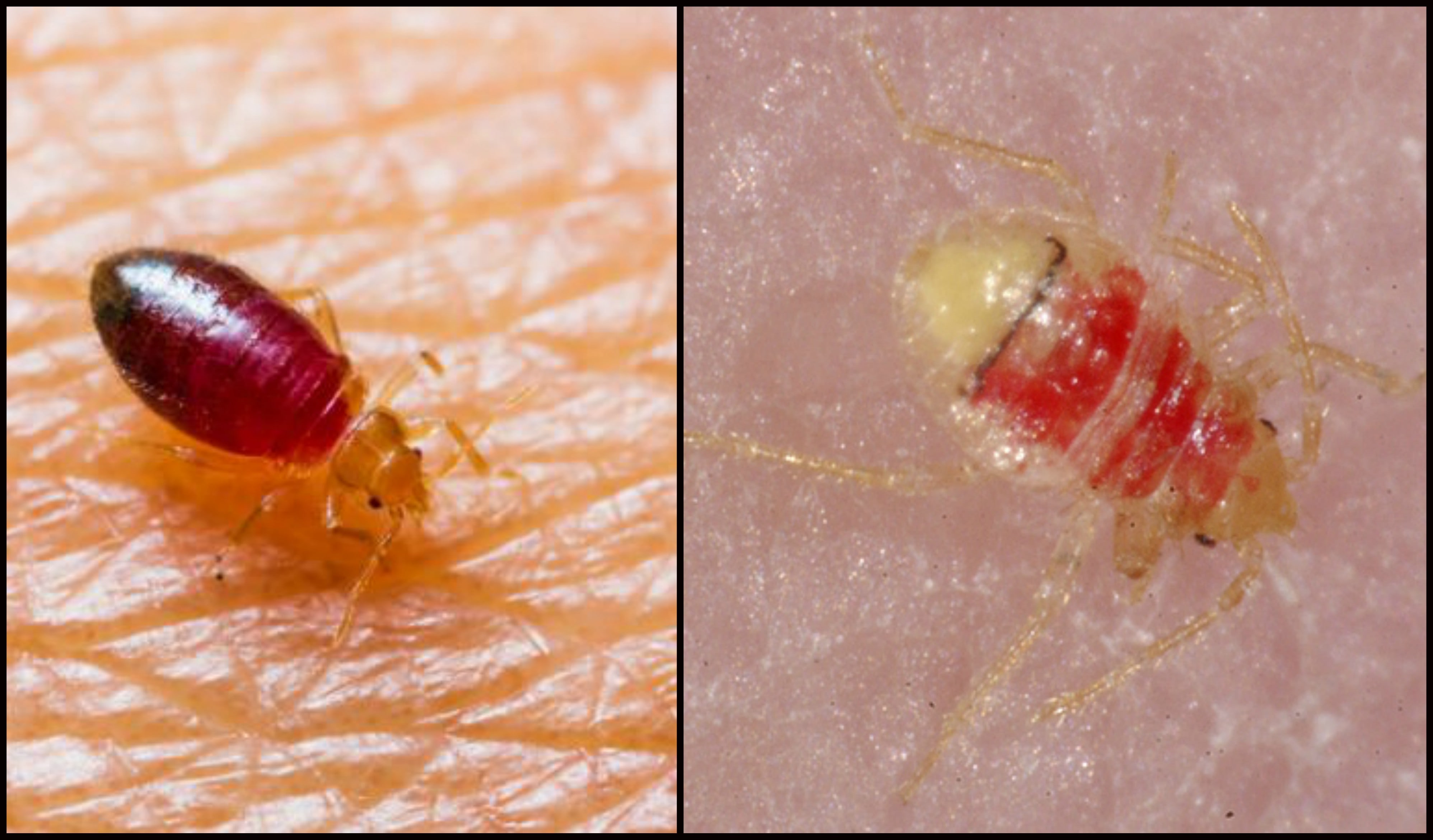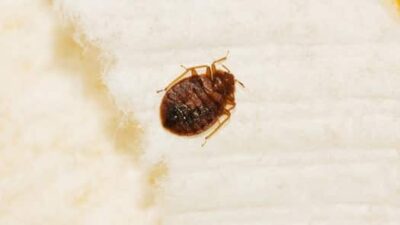

Luckily there are a few easy steps you can take to make your space inhospitable to spiders and other pests. Preventing House SpidersĪll of that being said, it’s perfectly reasonable if you don’t want to share your home with a colony of spiders, harmless as they may be.

Give us a call today to chat with one of our experts or get a quote on spider extermination services.
#BED BUG SQUISH PROFESSIONAL#
Each house offers its own unique pest control challenges, and at Springer Professional Home Services we take pride in our ability to solve them. Some basic principles include keeping your home neat and tidy, not leaving food out, and sealing cracks so they can’t enter in the first place – but there’s so much more to it than that. Pest prevention is an entirely different conversation, and one we’d be happy to have with you. Or the ones that do come inside will quickly starve. If you remove the food source, the wolf spiders won’t come inside. That’s why the best way to prevent wolf spiders in your house is to prevent other pests in your house. They’re hunters, and they follow the food. Wolf spiders don’t intentionally come into your house.
#BED BUG SQUISH HOW TO#
How to Prevent Wolf Spiders in Your House Their bites are extremely painful and venomous and you don’t want them lingering around. By all means, if you see a brown recluse or black widow in your house, squash it with a shoe or spray it with some insecticide.

It can be easy to mistake a wolf spider for a much more dangerous spider like a brown recluse or a black widow. Be Sure It’s a Wolf Spiderīefore you decide to leave a wolf spider alone, make sure you’re sure it’s a wolf spider. This is because only a few of her young would typically survive to adulthood when the brood is left to develop naturally.

Counterintuitively, this may create more of a spider infestation in your home than if you had left it alone. If you squish a wolf spider that’s carrying her young, you may inadvertently send dozens of her babies into different cracks and crevices of your home. When wolf spider eggs hatch, the spiderlings climb on the mother’s back and she carries them until they’re large enough to hunt for themselves. Babies on Board – Wolf SpiderlingsĪnother excellent reason not to squash a wolf spider is that it may be carrying baby wolf spiders (spiderlings). Wash the area with warm soapy water and you should be fine in a few days. If you do get bit, it may hurt a bit like getting a shot. When you see a wolf spider in your home, you can be sure that it is far more scared of you than you are of it. Wolf spiders are almost never aggressive with humans. Now, a wolf spider won’t control an all-out pest infestation – you’ll need a regular-size exterminator to help with that – but it’s good to know the wolf spider is on your side. In your home, the wolf spider is like a tiny little exterminator that patrols your home doing a bit of pest control every day. Outdoors, large wolf spiders will even kill and eat insects and small birds. They eat ants, fleas, earwigs, even bed bugs. Wolf spiders eat flies and anything else they can run down – pests that have no beneficial purpose in your home. Which would you rather have in your home? A timid wolf spider that just wants to hunt for food and keep to itself, or an obnoxious fly that buzzes around everywhere and gets in your face? When you squish a wolf spider, you’re choosing the fly. They spend most of their time in hiding, but come out when they’re hungry. Wolf spiders don’t spin webs, so if it’s in a web you know it’s not a wolf spider. They have eight long legs and can vary in size quite a bit adult wolf spiders can be about the size of a quarter, to several inches from leg to leg. They’re mostly brown, with black markings on their legs and body. Wolf spiders are one of the most common types of spider and you can find them inside or out. If it’s a wolf spider in your house, there are some very good reasons why you shouldn’t squish it. It might even trigger your fight or flight response you might feel moved to defend your castle against the eight-legged invader – squish now and ask questions later. Seeing one in your house can feel like an attack. Being terrified of spiders is a perfectly normal human response.


 0 kommentar(er)
0 kommentar(er)
